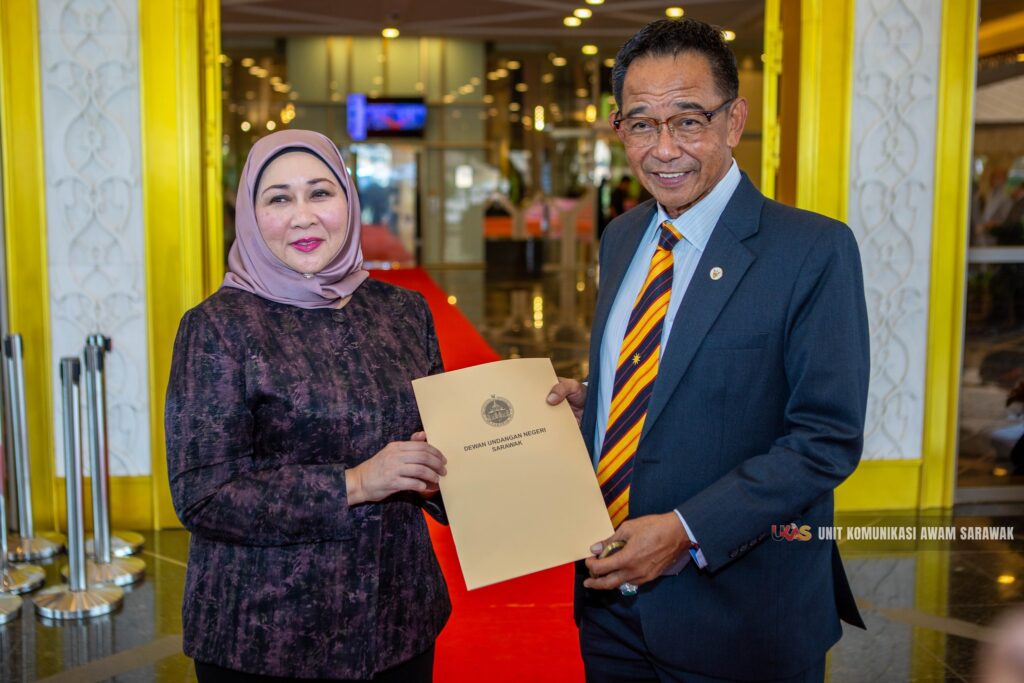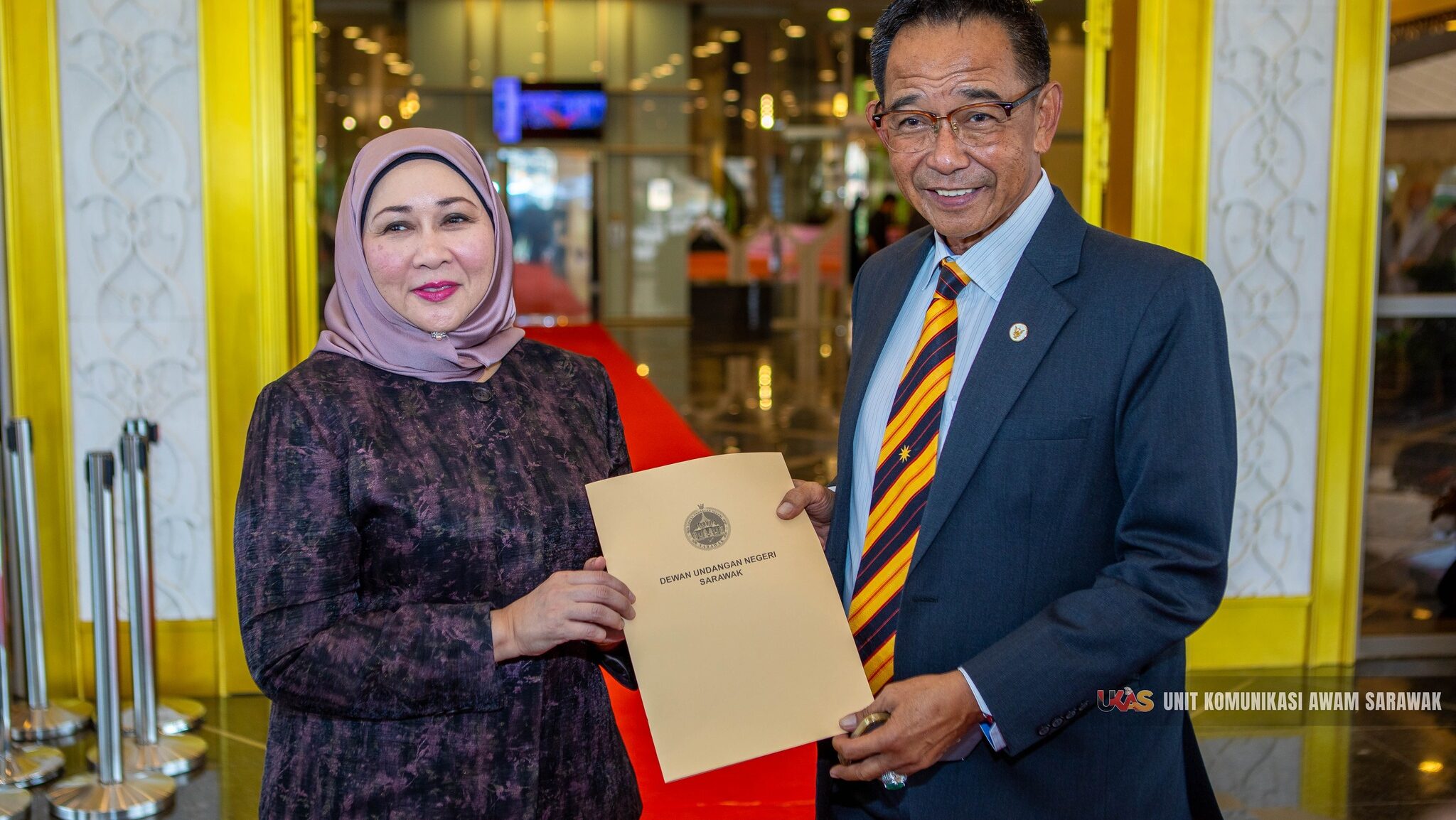KUCHING — The Sarawak Legislative Assembly (DUN) has passed the much‑anticipated Dewan Undangan Negeri (Composition of Membership) Bill, 2025, paving the way to expand state constituencies from 82 to 99. The motion sailed through Monday’s special sitting with solid majority backing, marking the first enlargement of Sarawak’s electoral map in a decade.

Why the Bill Matters
This Bill is more than a technical redrawing of lines. By adding 17 new seats, it promises:
- Fairer representation in fast‑growing rural and semi‑urban districts.
- Stronger grassroots focus, allowing every Assemblyperson to serve a smaller, more manageable electorate.
- Future‑proof legislation that adjusts to shifting populations rather than clinging to outdated boundaries.
As Speaker Tan Sri Datuk Amar Mohamad Asfia Awang Nasar announced the vote results, cheers broke out from government benches—testament to months of behind‑the‑scenes work to reach cross‑party consensus.
Government’s Case for Change
Tabling the third reading, Tourism, Creative Industry and Performing Arts Minister Dato Sri Abdul Karim Rahman Hamzah drilled home a simple message: “Dynamic institutions adjust; stagnant ones die.”
“This House must keep pace with Sarawak’s demographic realities,” he said. “Every voice—be it in coastal villages, hinterland longhouses, or bustling Kuching suburbs—deserves its own microphone on this floor.”
The Minister dismissed opposition claims that the Bill was a political power grab by Gabungan Parti Sarawak (GPS). Seat locations, he reminded critics, are decided solely by the Election Commission (EC), not by the state government.
Opposition Concerns
Only two Assemblypersons from the Democratic Action Party (DAP) spoke against the measure. They warned that without rigorous EC transparency, new constituencies might skew resource allocation. Still, their arguments gained little traction in a chamber convinced that redelineation is long overdue.
What Happens Next?
- Election Commission Review — Within weeks, the EC will open public hearings to finalise exact boundaries.
- Gazette Notification — Once boundaries are locked, changes will be gazetted and become law.
- Voter Education — The State Information Department will launch campaigns to familiarise citizens with their new constituencies ahead of the next state poll.
Looking Forward
For now, Monday’s vote signals a pivotal shift toward leaner, closer‑to‑people governance. Sarawak’s rapid growth—whether in Miri’s petrochemical zones or Samarahan’s university corridor—demands nothing less.
In plain terms: Bigger isn’t always better, but in representation, more seats mean more voices at the table. Sarawakians can expect livelier debates, sharper focus on local issues, and fewer excuses for leaders who fail to deliver. — UKAS




